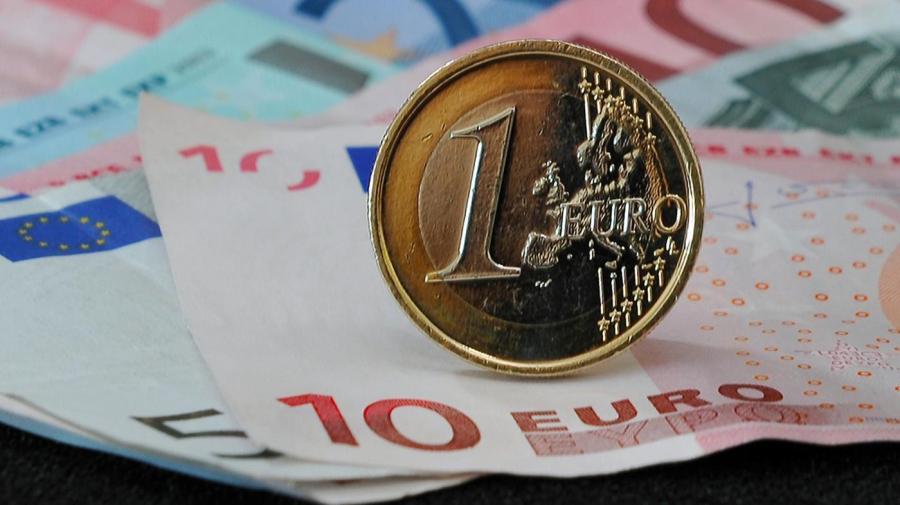What Is the Main Purpose of the European Union?

The fundamental purposes of the European Union are to promote greater social, political and economic harmony among the nations of Western Europe. The EU reasons that nations whose economies are interdependent are less likely to engage in conflict. These goals are pursued through the unification of European markets under a single currency, the Euro, and through sets of legal standards to which all prospective and member nations, are held. Supranational institutions work with national governments to govern the implementation of these standards and help the EU to act as a unified body on the world stage.
Calls for the unification of Europe began in the 1940s and ’50s as a reaction to the violent disunity demonstrated by the World Wars. As the continent rebuilt its industries, the advantages of pooling natural resources and strengthening bonds became attractive to national leaders, whose countries’ post-imperialism economies relied heavily upon trade with one another. Thus, the primary concept of European unification was predicated on peace and prosperity.
The modern European Union traces its origins to economic coalitions formed between Belgium, France, West Germany, Italy, Luxembourg and the Netherlands during the 1950s. Full market unity, however, did not come into force until 2002 with the introduction of the Euro. As European prosperity grew, so did the ambitions of the EU. The EU now lists among its goal the promotion of human rights, mobility of its citizens between member nations and the development of a more transparent and democratic government.





